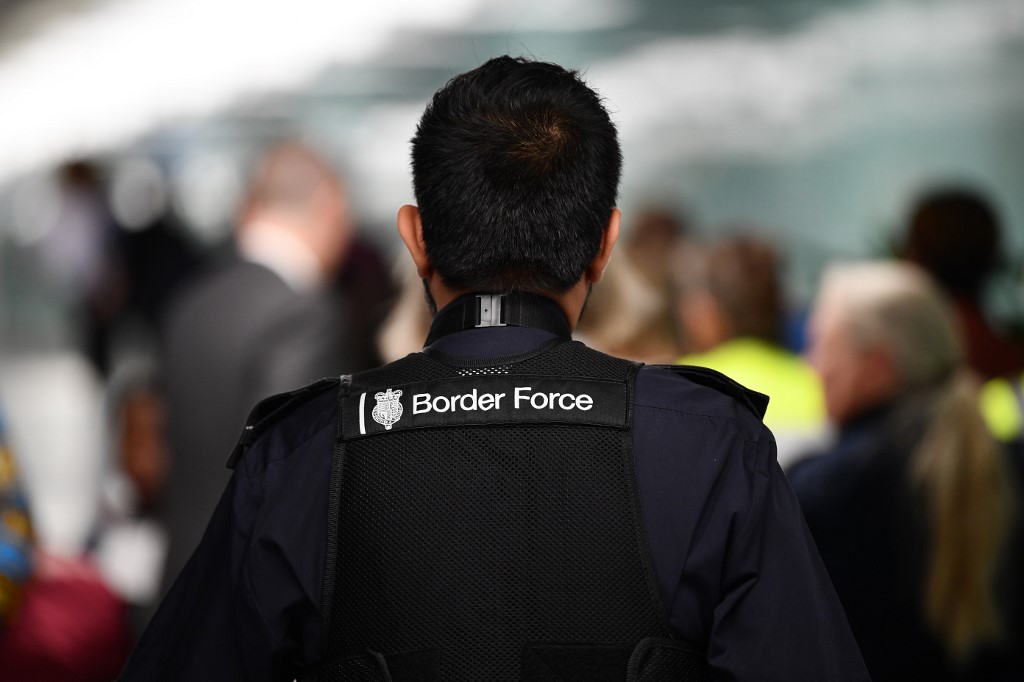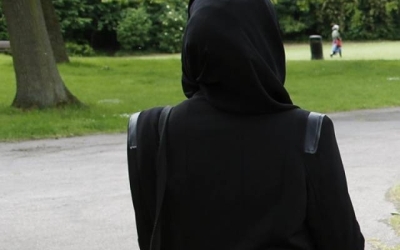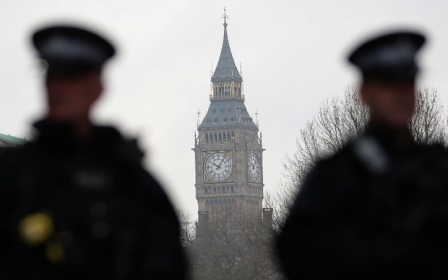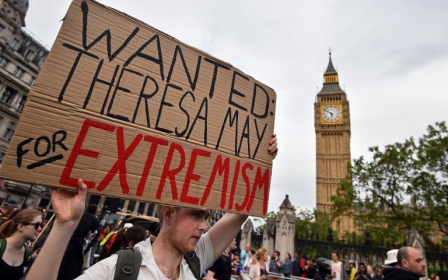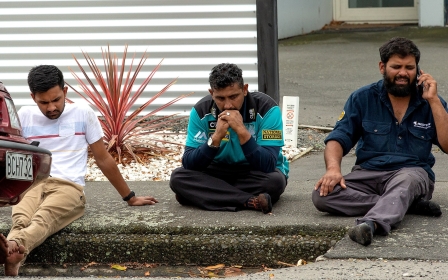Beyond Prevent: Towards a society without counter-extremism
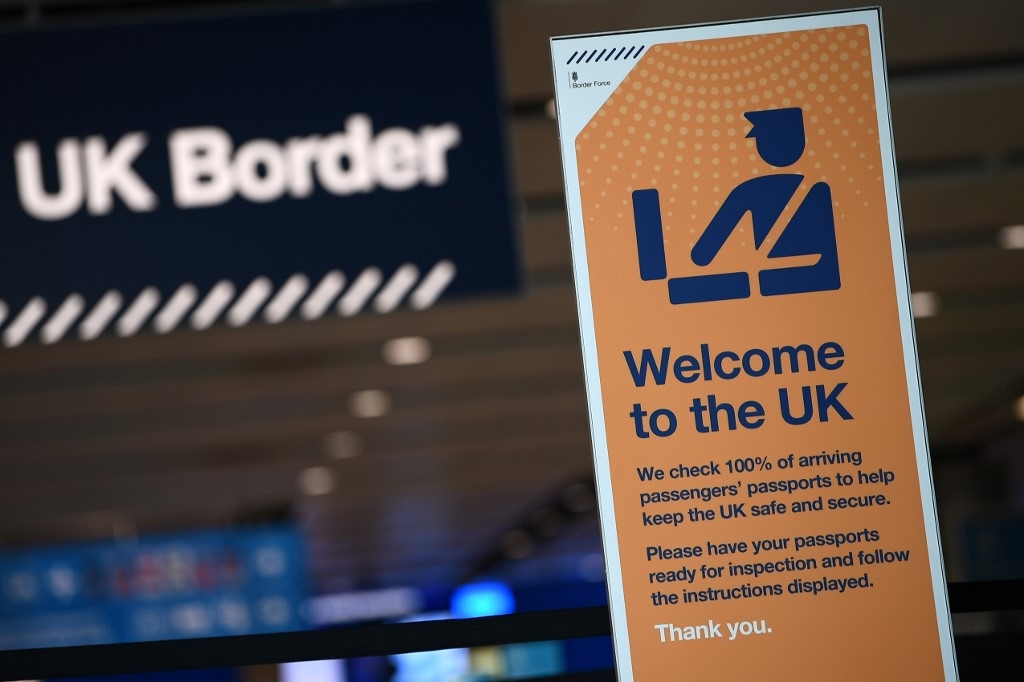
I recently attended the launch of the Transnational Institute report “Leaving the War on Terror: A Progressive Alternative to Counter-Terrorism Policy” at the Houses of Parliament.
The launch took place in a national and global environment where it is now widely acknowledged that the “War on Terror” is failing in every direction.
As the Taliban negotiate a peace deal with the US, the original “War on Terror” is no more, despite the loss of hundreds of thousands of innocent lives. Yet, the policies of this “war” continue to be replicated through the lens of counter-terrorism and counter-extremism.
Crucial juncture
For this reason, the TNI report comes at a crucial juncture. It is a significant step in the right direction and should begin the key discussions on what British society would look like without the country's Prevent programme, and beyond the fallaciousness of broader counter-terrorism policy.
New MEE newsletter: Jerusalem Dispatch
Sign up to get the latest insights and analysis on Israel-Palestine, alongside Turkey Unpacked and other MEE newsletters
Central to these discussions should be the survivors of these discriminatory policies, and the communities that have lived and experienced the “War on Terror” first hand.
Despite trying to explain to these officers how they were involved in a system of racist profiling, I felt anxious, hurt and criminalised
To reiterate this point, panel member and poet Suhaiymah Manzoor-Khan stated that the TNI report, which calls for a withdrawal from the “War on Terror”, has very real implications for an entire generation of young Muslims.
These young people have been problematised by politicians, the media, police officers, judges - and even by the general public. They have only ever known themselves through the lens of “counter-terrorism”. This is not conducive to building the kind of society most people would like to see.
A young woman having her hijab ripped off on the streets, or a young man being continually harassed under Prevent, are now accepted as being the direct results of the kind of state-sanctioned securitisation of Muslims brought about by “counterterrorism” and its soft, but equally violent cousin, “counter-extremism”.
Harassment and criminalisation
This violence is most obvious through the Schedule 7 policy, which affects all Muslims. Experiences of entering and exiting international ports have brought a great deal of fear and hassle. Our recent report highlights how Muslims have been harassed, interrogated, spied on and criminalised, with Schedule 7 as the frontline catch-all.
I was recently stopped at the airport myself, and demanded to know the reason from police. They confirmed that I was under no specific suspicion, and that they were simply using their powers to detain me based on their own risk assessments.
Despite trying to explain to these officers how they were involved in a system of racist profiling, I felt anxious, hurt and criminalised as I had my DNA, fingerprints and photos taken.
I can only imagine the longer-term impact this has on younger Muslims who do not grasp the context of their mistreatment, or the manner in which they should handle it.
It is now clear that Prevent and counter-extremism are the natural outcome of the right-wing call for conditions for Muslims to be “made harder across the board”.
The TNI report is a timely and academic reminder that there are many people and many communities who acknowledge these failing policies, and who are ready to work towards building a more “cohesive” society, in the fullest sense of the term.
Under counter-terrorism policy, evidence shows that Muslims live in a two-tier justice system; as such, calls for and claims of “social cohesion” by the very people who fortify and support this system, are empty.
Entrenching state power
Now, the definition of “extremism” captures a wider range of political “threats”. Having honed its craft on Muslim communities, counter-extremism is being exported to other causes and communities, to include more behaviours and social ills far removed from “extremism” and “terrorism” in any meaningful sense.
Prevent and counter-terrorism has shown us that these policies are about deflecting accountability and entrenching state power, even if it means a slow and alarming dissolution of the rule of law.
Thanks to the blunders and abuse of these policies, we now know that there is a fundamental mismatch between “safety” as lay-society understands it - as social peace - and as the state and its agencies frame it, which is really about the continuation of the political status quo.
“Safety” in the view of Prevent and the security services is based on suppressing grievances centred on inequality, ignoring damaging “cutbacks” in the name of austerity, and defending aggressive foreign policy, all of which result in damaging societal divisions.
Cage's vision of safety is based on tackling the root causes of discord and disharmony, and this should not in any way be linked with the security state.
Our upcoming briefing paper, “Beyond Prevent”, will outline this vision in more detail - but for now, we applaud the TNI report as one giant step forward for the country and its many different communities.
The views expressed in this article belong to the author and do not necessarily reflect the editorial policy of Middle East Eye.
Middle East Eye delivers independent and unrivalled coverage and analysis of the Middle East, North Africa and beyond. To learn more about republishing this content and the associated fees, please fill out this form. More about MEE can be found here.



